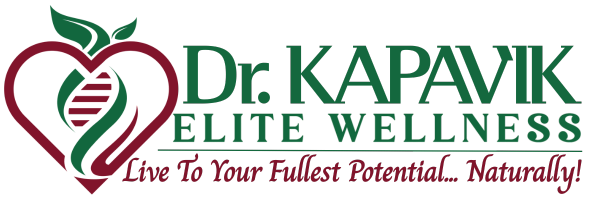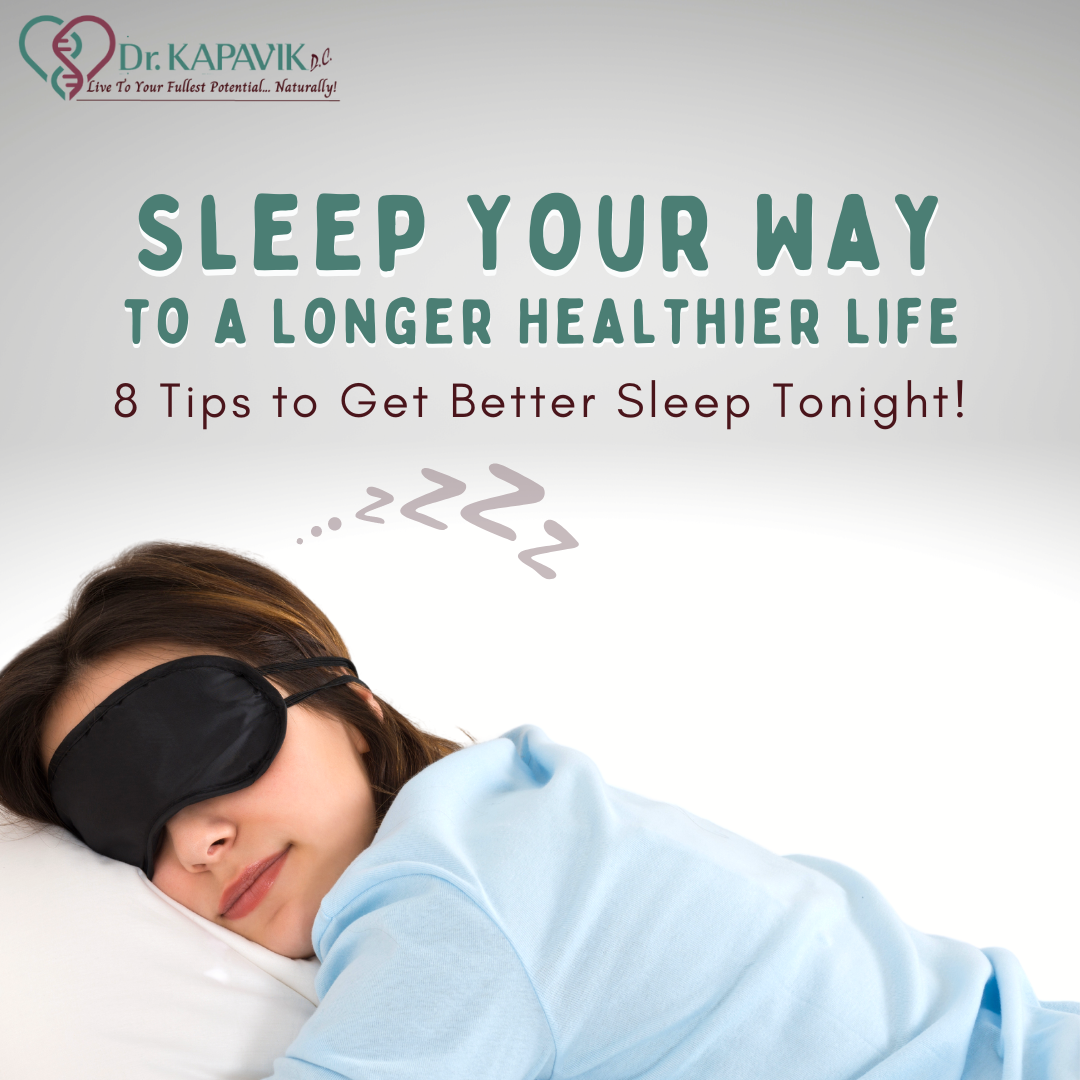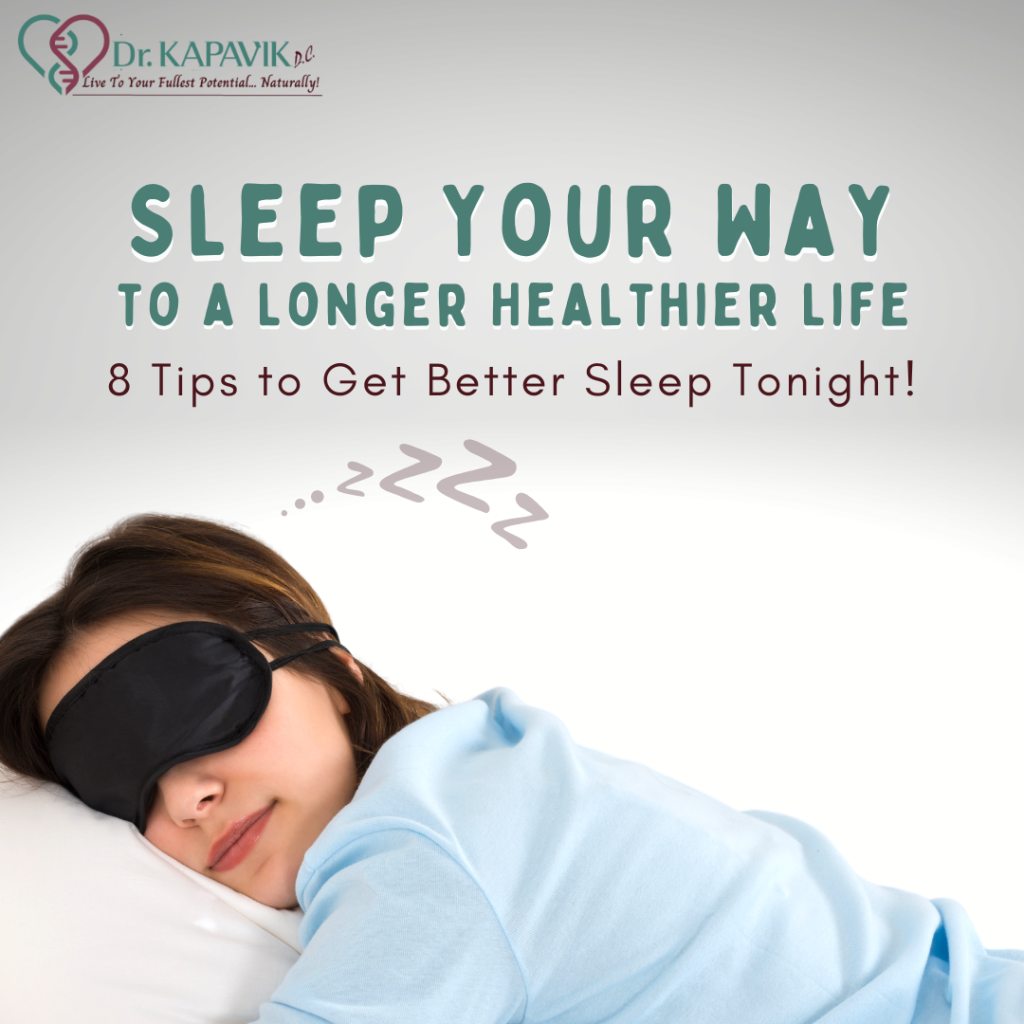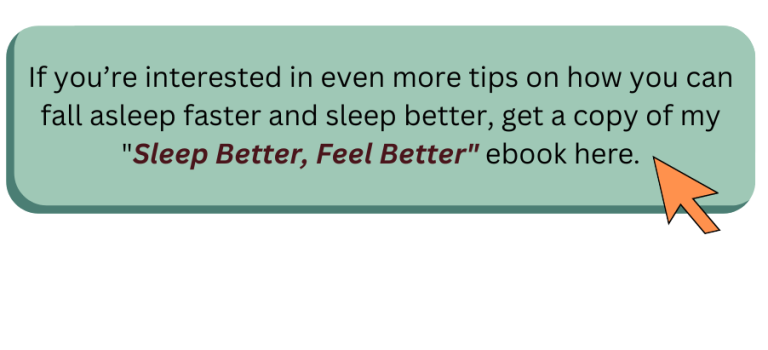Say Goodbye to Chronic Pain: 6 Habits that Can Change Your Life

If you’re living with chronic pain or are living with someone who is, you know how it can rob you of joy, vitality and the ability to enjoy and celebrate life.
Consider this…what if the only reason you’re missing out on life is that toxins have silently taken control, holding you captive in a cycle of pain and discomfort?
It’s a scenario I encounter all too often in my practice when patients come to me seeking relief from chronic pain.
Even with various treatments and medications, they still seem to be trapped in a never-ending battle with their own bodies.
That’s when I dive deep into the concept of detoxification, as it holds the key to unraveling the mystery behind their pain.
Now, imagine waking up every morning free from the chronic pain that has made your life miserable for far too long.
Envision a life where you can conquer the day, pursue your passions, and embrace each moment with vitality and joy!
This pain-free vision may seem like an impossible dream to you.
What if I tell you that it’s within your reach?
What if I tell you that a few changes in your lifestyle can make this vision your reality?
As The Mind-Body Detox Doc, I have seen seemingly hopeless cases become stories of healing, revitalization, transformation, and dreams come true!
And I can tell you right now that the same is possible for you!
By embracing detoxification as a lifestyle, you can break free from the chains of chronic pain and embark on an amazing and transformative journey toward optimal health and well-being!
Read on if you want to unravel the power of detoxification and how it can empower you to enjoy a pain-free existence and reclaim a life of fulfillment and joy!
First let’s talk about what detoxification is.
Detoxification is often associated with short-term cleanses or dietary restrictions that you might find difficult to sustain for life.
The detoxification I teach my patients is a detox lifestyle they can maintain for the rest of their life.
That’s why it’s so easy to sustain the results they get from my programs.
If you’re ready to say goodbye to the toxins that have been causing you misery and pain I recommend incorporating the following into your daily habits.
1. Start your day imagining what you really, really want. Before you get out of bed, allow yourself to enter a deep state of relaxation. Take a slow deep breath and gently close your eyes. Slowly transport yourself back to a time when you were completely free from pain. Vividly imagine the activities you were engaged in. Allow yourself to feel the emotions you were feeling. Imagine the vibrant energy that permeated your being. And embrace the belief that you have the power to reclaim the energy, vibrancy and vitality of that version of yourself.
2. Cleanse your environment. Eliminate or minimize your exposure to harmful chemicals, synthetic fragrances and other environmental toxins. Choose personal care items, cleaning aids and fragrances that are non-toxic. I usually use natural essential oils to keep my home smelling nice. Vinegar, pure lemon juice, corn starch, rubbing alcohol and baking soda can be used for cleaning in place of the synthetic ingredients that are harmful to you and to the environment.
3. Be mindful of what you eat and drink. Stay away from processed foods and ingredients that are hard to read. Choose organic whenever you can. Avoid refined sugar and sugar additives. Eat plenty of fruit and vegetables. Get into the habit of incorporating foods that are high in antioxidants into your daily meals.
I understand that some people have difficulty ensuring that they’re getting enough vitamins and minerals from fresh produce. If this is true in your case, I highly recommend taking personalized professional supplements. You’ll be assured they’re made with high quality ingredients from natural sources, ethically produced and will truly be beneficial to your health.
4. Drink plenty of water. Water plays a powerful role in flushing out toxins from our system. So make sure that you’re drinking 8 to 12 glasses of water daily. If you find the taste of water too boring, you may add some fresh mint leaves or a fresh squeeze of lemon juice to your water.
Here are some of the amazing benefits of drinking water and if you need more tips to get you drinking more water, download more free tips here.
5. Get at least 7 to 8 hours of quality sleep a night. Did you know that insufficient sleep can have serious implications on your health? Some of these are increased sensitivity to pain, the worsening of existing diseases and irreversible health damage. If you’re curious about the dangerous consequences of sleep deprivation, click here for a more in-depth discussion.
On the other hand, good quality sleep is one of the best things you can give your mind and body.
Sleep provides you with complete rest and allows your mind and body to heal. It boosts your immunity, lessens your stress and anxiety, allows you to focus on tasks, lowers the risk of diabetes, heart disease and stroke, helps you stay at a healthy weight and, helps in the cognitive function of your brain.
In fact, a study by the National Institutes of Health suggests that sleep clears the brain of damaging molecules associated with neurodegeneration.
If you’re having trouble sleeping, I have compiled my most effective tips for you in an eBook. Download your free copy today.
6. Engage in joyful movement. Remember that regular physical activity helps get your blood circulation going and supports your body’s natural detoxification processes. So, think about the physical activity you enjoy the most and make sure that you schedule a regular time for it three or four times a week if you can’t do it every day.
These are five simple lifestyle changes that you can make to achieve the life changes you desire.
The journey to optimum health and well-being will require your patience, perseverance and support from your loved ones. It will also be of great benefit to you to seek the help of a healthcare professional who can guide you on your detox journey.
Living with chronic pain can truly be frustrating and daunting. It can put a strain on your budget, career and on your relationships. However, it helps to remember that even if it doesn’t seem like it, you still hold the key to the doors of a pain-free life and you alone can ignite a transformation that will allow you to achieve what you truly and ultimately desire!

Sources:
https://www.ncbi.nlm.nih.gov/pmc/articles/PMC4055352/
https://www.clinicaleducation.org/news/sleep-and-its-detoxing-effect-on-the-brain-and-body/
https://health.gov/myhealthfinder/healthy-living/mental-health-and-relationships/get-enough-sleep





